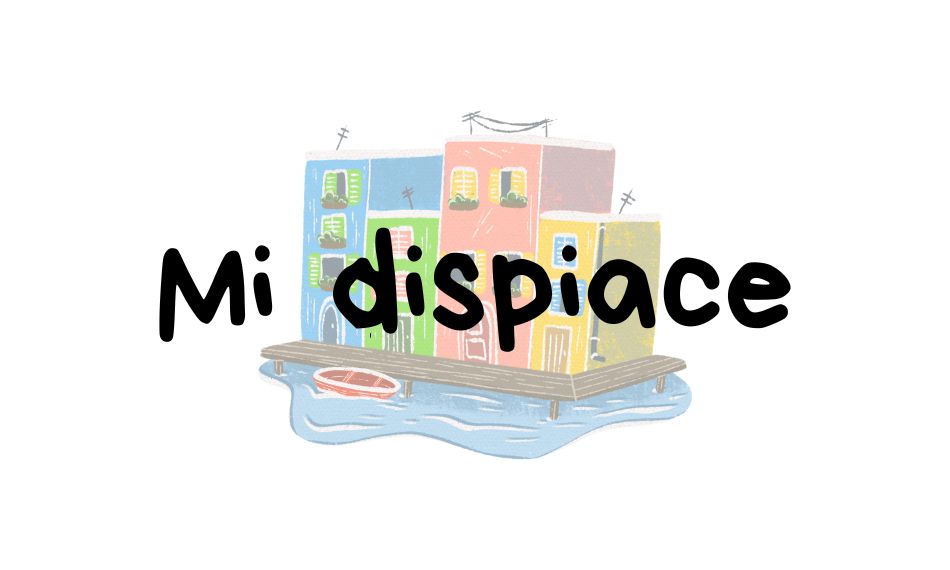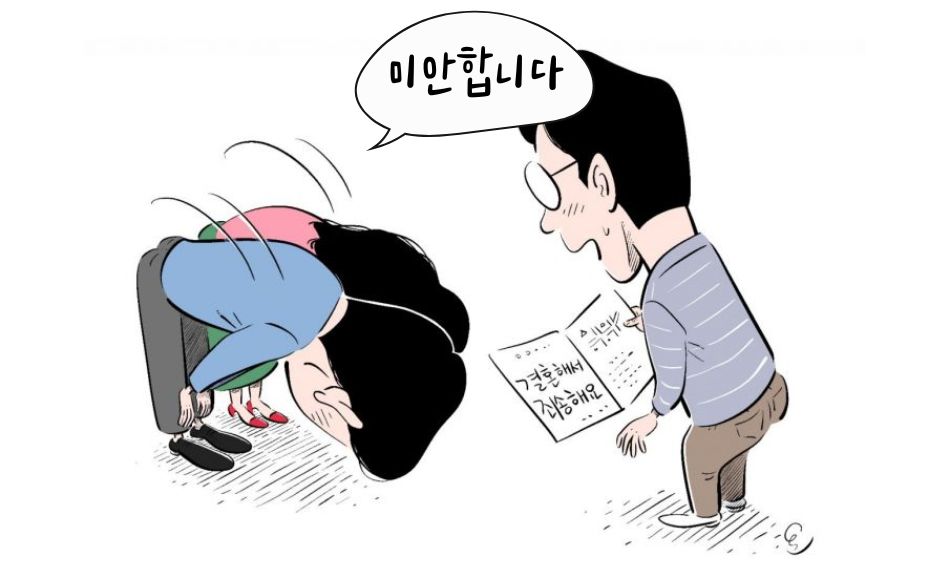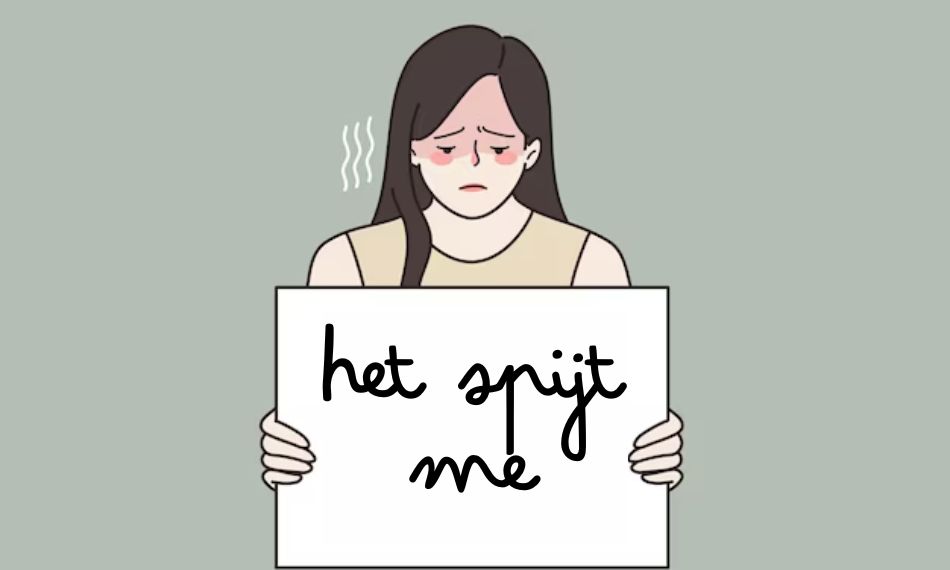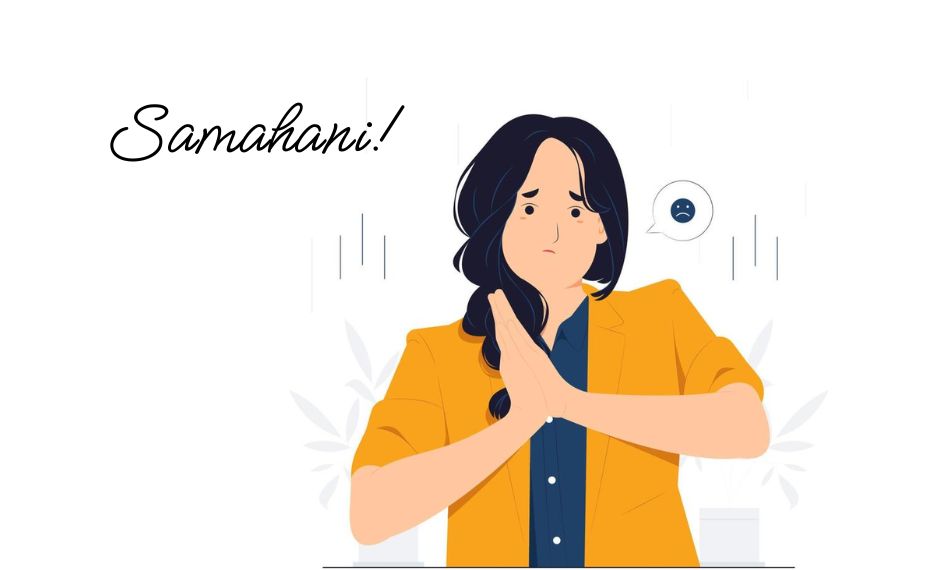Sorry in 20 Different Languages
Whether you’re brushing up on hello in different languages or finding the right way to apologize abroad, knowing how to say sorry in 20 different languages can go a long way. Apologizing is a global art, but every culture has its own style – from dramatic bows to heartfelt eye contact.
1. English – Sorry

If you’re starting with sorry in 20 different languages, the English “sorry” is probably the one you already know.
Pronunciation: /ˈsɒr.i/
Spoken in: USA, UK, Canada, Australia, and many more.
In English-speaking countries, especially the UK, “sorry” is used excessively. Bump into someone? Say sorry. Someone bumps into you? Say sorry again. It’s part of being “polite”, even when you’re not at fault.
2. Spanish – Lo siento
When exploring sorry in 20 different languages, “lo siento” offers a very emotional take. It literally means “I feel it.”
Pronunciation: /lo ˈsjento/
Spoken in: Spain, Mexico, Colombia, Argentina, and most of Latin America.
You’ll also hear “perdón” (excuse me) and “disculpa” (pardon) depending on how formal or casual the situation is.
See also: Happy New Year in different languages
3. French – Désolé(e)
French brings elegance to sorry in 20 different languages with the stylish “désolé,” which literally means “I am sorry.”
Pronunciation: /dezɔle/
Spoken in: France, Belgium, Switzerland, and French-speaking Africa.
For less intense apologies, use “pardon” or “excusez-moi.” But if you mean it? Say “je suis désolé” with sincerity.
4. German – Es tut mir leid
German adds a formal tone to sorry in 20 different languages with “es tut mir leid,” which means “it causes me sorrow.”
Pronunciation: /ɛs tuːt miːɐ̯ laɪt/
Spoken in: Germany, Austria, and parts of Switzerland.
Efficiency meets emotion, typical German style.
5. Italian – Mi dispiace

One of the most melodic ways to say sorry in 20 different languages is Italy’s “mi dispiace.”
Pronunciation: /mi disˈpjatʃe/
Spoken in: Italy and surrounding Italian-speaking communities.
It translates to “it displeases me,” but it’s often delivered with dramatic flair – and a hand on the heart.
6. Portuguese – Desculpa / Sinto muito
Portugal and Brazil both add variety to sorry in 20 different languages, offering “desculpa” (casual) and “sinto muito” (formal).
Pronunciation: /desˈkuɫ.pɐ/, /ˈsĩ.tu ˈmuj.tu/
Spoken in: Portugal, Brazil, Angola, Mozambique.
Tone and body language are just as important as the words themselves.
7. Russian – Извините (Izvinite)
Russian apologizing shows strength in sorry in 20 different languages with “извините,” often said with a serious face.
Pronunciation: /ɪzvʲɪˈnʲitʲe/
Spoken in: Russia, Belarus, Kazakhstan.
For informal moments, switch to “прости” (prosti).
8. Mandarin Chinese – 对不起 (Duìbuqǐ)
If you want to master sorry in 20 different languages, Mandarin’s “duìbuqǐ” is essential in Chinese-speaking communities.
Pronunciation: /dweɪ̯˥˩ pu˧˥ tɕʰi˨˩/
Spoken in: China, Taiwan, Singapore.
Also try “不好意思” (bù hǎo yìsi) for softer apologies.
9. Japanese – ごめんなさい (Gomen nasai)
Japan offers one of the most ritualistic versions of sorry in 20 different languages with “gomen nasai.”
Pronunciation: /go.meɴ.na.sa.i/
Spoken in: Japan.
More formal apologies include deep bows and phrases like “mōshiwake arimasen.”
10. Korean – 미안합니다 (Mianhamnida)

“미안합니다” stands out in sorry in 20 different languages for its deeply respectful tone.
Pronunciation: /mi.an.ham.ni.da/
Spoken in: South Korea, North Korea.
In more formal situations, you can also use “죄송합니다”.
11. Arabic – آسف (ʾĀsif)
Arabic brings warmth and ritual to sorry in 20 different languages with the simple but powerful “ʾāsif.”
Pronunciation: /ˈʔaː.sɪf/
Spoken in: Middle East and North Africa.
Gesture and intonation matter as much as the word.
12. Hindi – माफ़ कीजिए (Maaf kijiye)
India delivers a graceful phrase in sorry in 20 different languages with “maaf kijiye,” meaning “please forgive.”
Pronunciation: /maːf ˈkiː.d͡ʒɪ.jeː/
Spoken in: India, Nepal.
The informal “maaf karo” is common among friends.
13. Turkish – Özür dilerim
Turkey’s contribution to sorry in 20 different languages is “özür dilerim” – a heartfelt and formal apology.
Pronunciation: /øˈzyɾ di.le.ɾim/
Spoken in: Turkey and Cyprus.
“Affedersiniz” works for bumping into strangers on the metro.
14. Greek – Συγγνώμη (Signómi)
Greece offers an emotional entry in sorry in 20 different languages with “signómi,” often paired with hand gestures.
Pronunciation: /siɲˈɣno.mi/
Spoken in: Greece, Cyprus.
Bonus points if you follow it with a smile and spanakopita.
15. Dutch – Het spijt me / Sorry

The Dutch provide options in sorry in 20 different languages: go with “sorry” (casual) or “het spijt me” (formal).
Pronunciation: /hɛt ˈspɛi̯t mə/, /ˈsɔ.ri/
Spoken in: Netherlands, Belgium.
Keep it brief. Dutch people value honesty, not fluff.
16. Swedish – Förlåt
Sweden’s “förlåt” keeps things efficient in sorry in 20 different languages, but it’s used often and genuinely.
Pronunciation: /fœːˈloːt/
Spoken in: Sweden and parts of Finland.
Apologizing is a way to keep public order, especially on public transport.
17. Polish – Przepraszam
One of the trickier pronunciations in sorry in 20 different languages, Polish “przepraszam” is worth the effort.
Pronunciation: /pʂɛˈpra.ʂam/
Spoken in: Poland and Polish-speaking communities.
It’s used in both “excuse me” and “I’m sorry” contexts.
18. Vietnamese – Xin lỗi
Vietnam’s “xin lỗi” adds an important piece to sorry in 20 different languages, used in both casual and formal situations.
Pronunciation: /sin lɔj˧˦/
Spoken in: Vietnam, Vietnamese diaspora.
When using this language, one thing you need to take into consideration is that tone and context matter more than the actual words.
19. Hebrew – סליחה (Slikha)
Israel contributes to sorry in 20 different languages with “slikha,” a blend of ancient roots and modern speech.
Pronunciation: /sliˈχa/
Spoken in: Israel, Jewish communities worldwide.
It also means “excuse me” – multitasking at its finest.
20. Swahili – Samahani

The East African phrase “samahani” shines in sorry in 20 different languages with a vibe of forgiveness and community.
Pronunciation: /sa.maˈha.ni/
Spoken in: Kenya, Tanzania, Uganda.
Apologies here restore social harmony, not just individual ego.
Bonus: Quick Pronunciation Chart
Here’s a quick reference to help you review how to say sorry in 20 different languages, with accurate IPA for each one.
| Language | Phrase | Pronunciation |
|---|---|---|
| English | Sorry | /ˈsɒr.i/ |
| Spanish | Lo siento | /lo ˈsjento/ |
| French | Désolé | /dezɔle/ |
| German | Es tut mir leid | /ɛs tuːt miːɐ̯ laɪt/ |
| Italian | Mi dispiace | /mi disˈpjatʃe/ |
| Portuguese | Desculpa | /desˈkuɫ.pɐ/ |
| Russian | Извините | /ɪzvʲɪˈnʲitʲe/ |
| Chinese | 对不起 | /dweɪ̯˥˩ pu˧˥ tɕʰi˨˩/ |
| Japanese | ごめんなさい | /go.meɴ.na.sa.i/ |
| Korean | 미안합니다 | /mi.an.ham.ni.da/ |
| Arabic | آسف | /ˈʔaː.sɪf/ |
| Hindi | माफ़ कीजिए | /maːf ˈkiː.d͡ʒɪ.jeː/ |
| Turkish | Özür dilerim | /øˈzyɾ di.le.ɾim/ |
| Greek | Συγγνώμη | /siɲˈɣno.mi/ |
| Dutch | Het spijt me | /hɛt ˈspɛi̯t mə/ |
| Swedish | Förlåt | /fœːˈloːt/ |
| Polish | Przepraszam | /pʂɛˈpra.ʂam/ |
| Vietnamese | Xin lỗi | /sin lɔj˧˦/ |
| Hebrew | סליחה | /sliˈχa/ |
| Swahili | Samahani | /sa.maˈha.ni/ |
How to Remember How to Say Sorry in 20 Different Languages

20 ways to apologize might feel like emotional overload, but remembering how to say sorry in 20 different languages is easier with a few smart strategies:
- Group by emotion or tone: Keep “Lo siento,” “Je suis désolé,” and “Mi dispiace” together, they all carry a formal, heartfelt weight. Your brain will connect the vibe, not just the word.
- Tie it to culture or gestures: Imagine bowing slightly with “Sumimasen” (Japanese) or holding your hand to your heart with “Perdón” (Spanish). Visual cues anchor memory.
- Build micro-scenarios: Place each word in a mini drama, like accidentally stepping on someone’s foot in Paris and whispering “Pardon.” Drama helps it stick.
- Repeat it in emotion: Don’t just say “sorry”. Feel it. Say “죄송합니다” (joesonghamnida) while acting embarrassed. Engaging emotions activates deeper memory storage.
- Gamify it: Create flashcards or voice memos and quiz yourself during your commute or coffee break. One sorry a day keeps the awkward away.
Conclusion
Learning to say sorry in 20 different languages does more than impress people, it shows humility, bridges cultures, and deepens empathy. Whether you’re practicing for travel, language exams, or just becoming more human, these 20 phrases are tiny keys to global connection.
Want to learn language in more different ways to communicate? Stick with us at GuruLango – the real-life language guide that’s got your back!